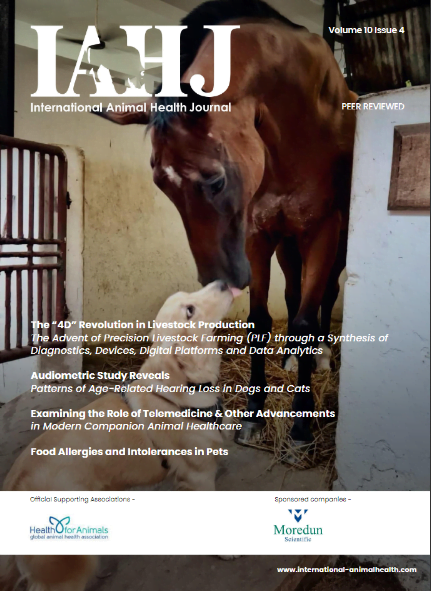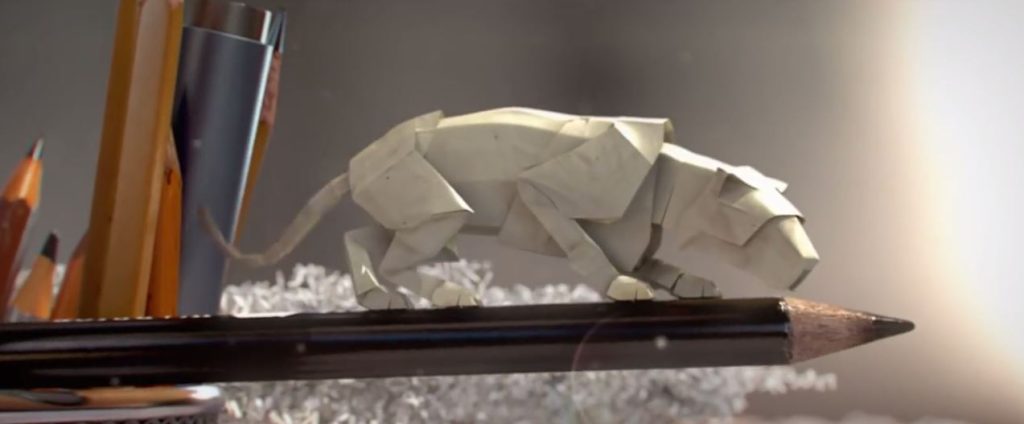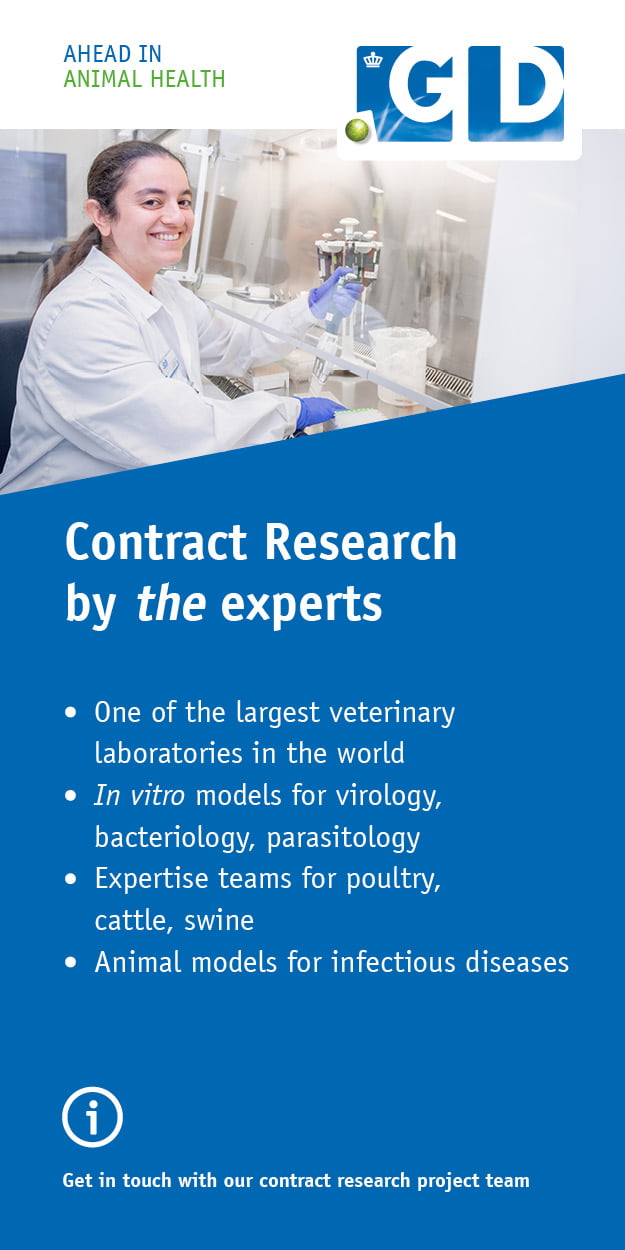The Royal Veterinary College (RVC) is now offering testing for atypical myopathy as part of its work towards improved treatments and management of this disorder, and to enhance the welfare of affected horses.
Atypical myopathy of horses is a severe and life threatening equine muscle disorder that is caused by the ingestion of Sycamore tree seeds or seedlings by horses that are kept at pasture.
Risk factors for horses remain unclear. It is, for example, not currently known whether some trees are more toxic than others or whether the amount of toxin varies at certain times of the year or with certain climatic conditions.
The Comparative Neuromuscular Diseases Laboratory at the RVC now offers tests for hypoglycin A and its principal metabolite (MCPA-carnitine) in serum from horses suspected of having atypical myopathy or at risk field companions. In work supported by The Horse Trust and the RVC’s Animal Care Trust (ACT), scientists have developed a more rapid test than previously reported methods.
The RVC’s laboratory also offers urine organic acid and plasma acyl carnitine profile testing which also support the diagnosis in this acquired form of multiple acyl-coA dehydrogenase deficiency. These samples need to be submitted by vets.
In addition, the laboratory is now testing plant samples (Sycamore seeds, seedlings and leaves) for horse owners who have concerns about trees on their properties: owners can organise this with the RVC lab directly.

Professor Richard Piercy, Professor of Comparative Neuromuscular Disease, said: “We’re really pleased to be able to launch our testing service for atypical myopathy. Through working with vets and owners in this way and with the support of the Horse Trust and ACT, we hope to be able to improve the understanding of the condition and improve the welfare of horses.”

Full details, including prices and shipping instructions for vets and for horse owners can be found on the following website: http://www.rvc.ac.uk/research/laboratories/comparative-neuromuscular-diseases-laboratory/diagnostic-services
Sycamore tree samples, blood toxin and biochemical tests now available at the Royal Veterinary College for equine atypical myopathy diagnosis
Animal Health Media © 2024, All Rights Reserved – Powered by Teksyte












